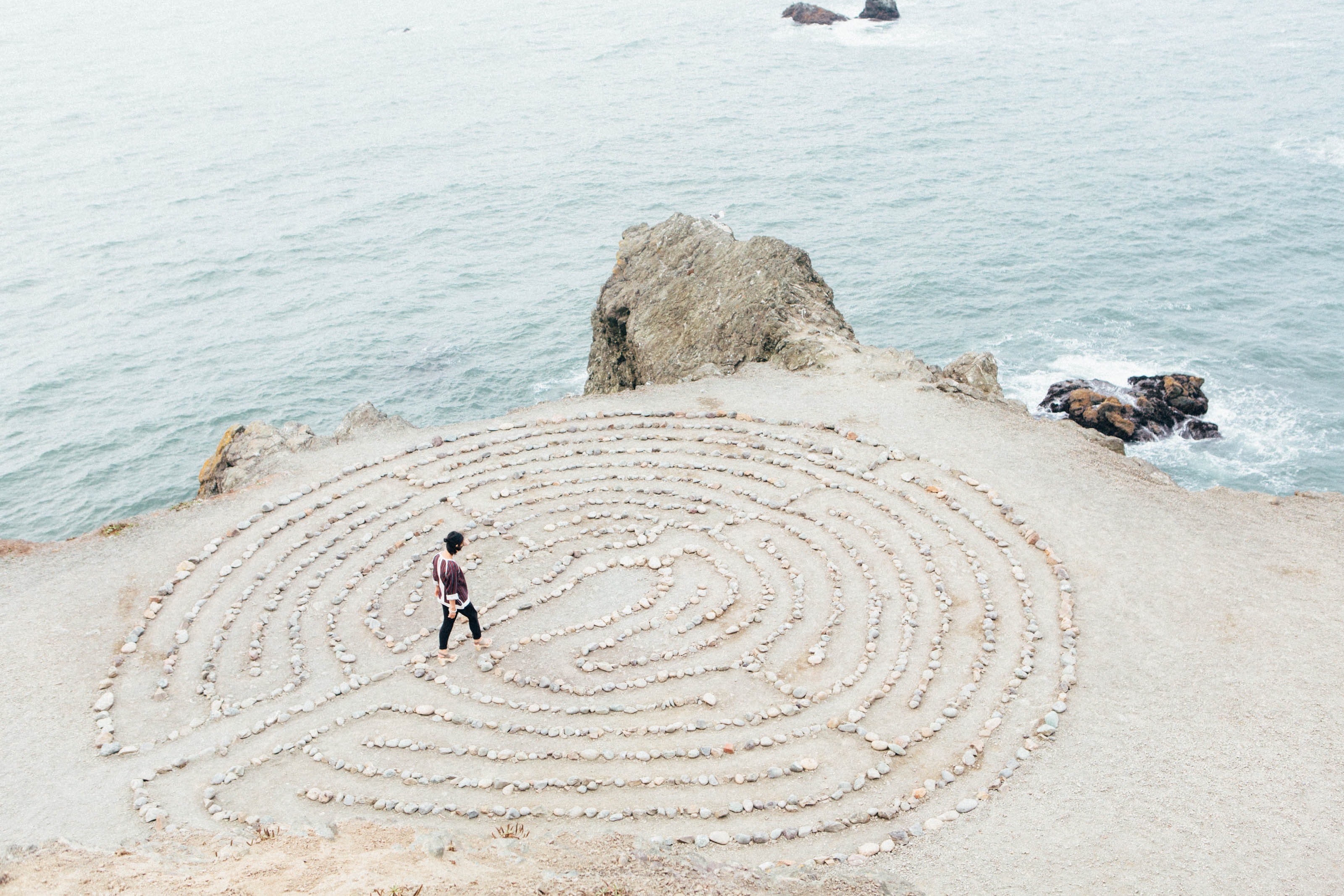How To Put Work Down For The Day
A ritual for the modern age

One of the many challenges knowledge-workers are experiencing with working from home is the mindfulness and willpower needed to stop work each day.
Many people don't have dedicated workspaces and we all have powerful computing devices in our pockets. These two factors combined mean that there are no barriers to dealing with 'one more work thing'.
So we allow ourselves to do that one quick thing.
Except, one quick thing becomes a check of the inbox or clearing those unread messages in Slack. Which reminds you of that note you didn't make and that doc you need to adjust the sharing access on and on and on....
And before you know it, there is only sleeping, showering and working. What happened to working out? Or watching a movie? Or playing a game? Or doing the laundry?
And then for some of us, we stop working physically but mentally we are still at work. More and more we might find ourselves engaged in a non-work activity but interrupted by thoughts of work - how to respond to a situation or a change to make to the website. Rather than allowing yourself to be distracted, you might choose to write down the thought so that you can return to your personal time.
At PeopleStorming, we help teams to introduce and expand on agile methods, mindsets and in particular, agile rituals. You don't need to know anything about agile to understand or use the ideas in this article.
One of the simplest agile rituals is the stand-up, which for most teams gets scheduled in the morning, though it doesn't have to be. In fact, it's more important to choose a time that works for everyone.
The process for these snappy daily meetings is as follows. Each person shares...
- What they achieved yesterday.
- What they plan to do today.
- Anything they need help with (or unblocking on).
In practice, the stand-up can include different or extra prompts - but you get the gist.
Stand-ups are great for accountability. They help people stay connected to one another and to the work itself.
When we've led stand-ups in the past, we'v usually started with a check-in question. Sometimes it's as simple as a traffic light prompt 🚦. Other times we've focused on something lighthearted to set the tone for creativity.
What does this have to do with putting work down?
As a facilitator, we use check-outs (same as a check-in) for every workshop, retreat and many of the meetings we design. The check-out is a powerful way to tie a bow around the session and help people transition to the next part of their day.
This got us thinking: what about a daily check-out. It's like the daily stand-up from agile combined with the check-out concept.
A daily check-out could act as a closing process for each day of work.
A short, reflective and mindful ritual.🙏🏼

Why? 🤔
It acts as a nudge to people who find it hard to stop, that it's time to do so.
It gives 'permission' to people who otherwise might feel guilty putting work down
It reminds people that your team / company cares about people's rest time, family time and wellbeing. It signals that the company is taking the threat of burnout seriously.
How?
Gather together on your chosen video call at the agreed time or meet in your virtual chat room (slack, teams etc).
What?
This ritual will take less than five minutes. It can be done via video call or in an online chat.
For a video call 👨🏽💻
To begin, everyone numbers themselves in the video conferencing tool (use the rename feature, if available). Or go in alphabetical order, reverse alphabetical.
Then ask everyone to take a collective breath (everyone breathes in five, hold for two, breath out for five).
Then, each person says the line next to their number. Each person should feel free to deliver the words in whichever tone feels good - joyfully, assertively, affirmatively, whatever.
- The day is over.
- I worked hard.
- I did my best.
- There is always more I'd like to do.
- And that's okay.
- I'm excited to return to work tomorrow with fresh eyes and energy.
- Now it's time to nourish my body with exercise, food and sleep.
- Now it's time to be present with family, friends and pets.
- Now it's time to enjoy other aspects of my life.
- Now it's time to rest my mind.
To close, conduct a one-word check-out. Starting with anyone who didn't already take part in the affirmations listed above...
"What's one word that describes how you'll show up in the world tomorrow?"
For online chat (Slack, Teams etc)💬
The facilitator can...
- paste in the instructions for the mindful breath
- then paste in the affirmations - instructing people to read them aloud if they can
- and, lastly, type in the check-out question
- have everyone answer without hitting send - then ask them to hit send simultaneously - creating a waterfall in the chat
- take a moment to review each other's words ... then say goodbye
If you or your team are wrestling with challenges around balance and wellbeing, you might be interested in our Preventing Burnout workshop or our free burnout guide.
For tailored support, you may also want to consider 1-on-1 coaching.


